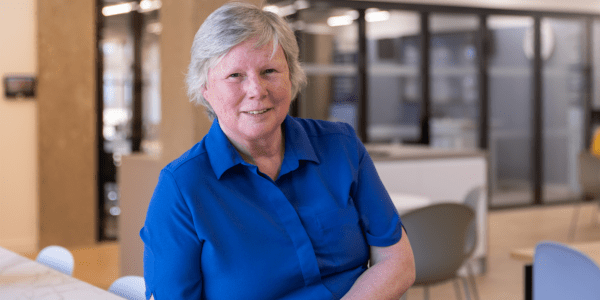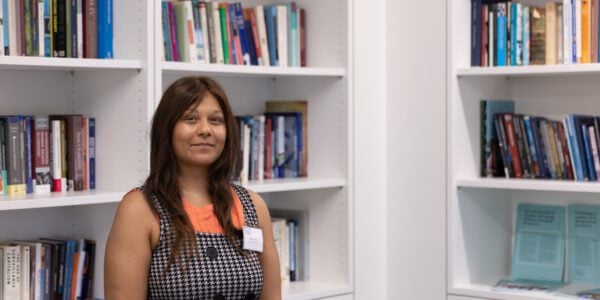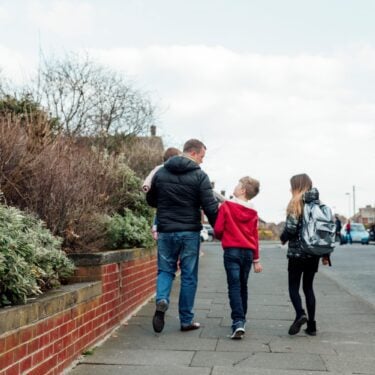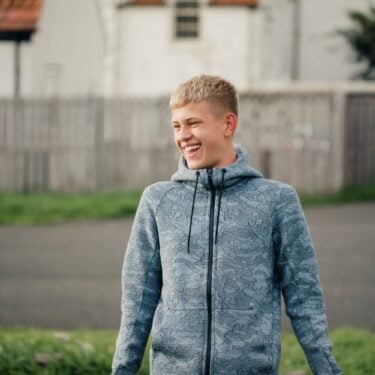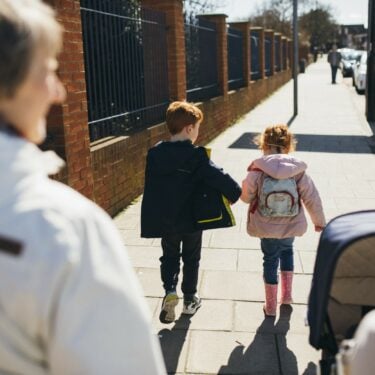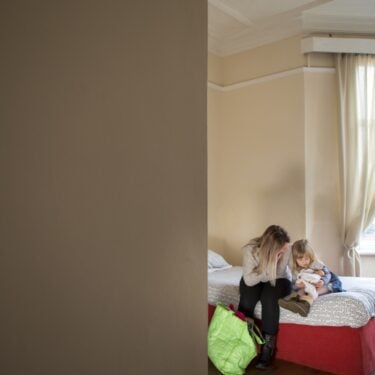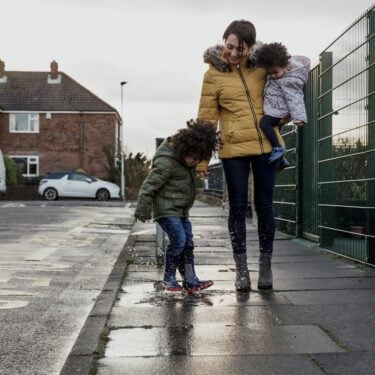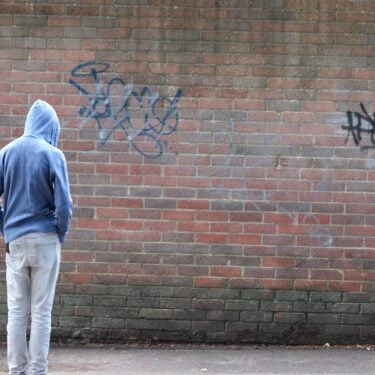The Nuffield Foundation is calling for expressions of interest for delivery of a scoping study to develop proposals for the purpose, functions and delivery options for a family justice observatory. The estimated budget is £100-£150k, and those interested should first read the call for expressions of interest. The deadline is 5.30pm on Monday 9 November 2015.
Briefing paper and context
The call follows publication of a briefing paper in which the Foundation set out what it sees as the fundamental purpose and functions of a new infrastructure for facilitating better use of research evidence in the family justice system. Although we have provisionally called the infrastructure an ‘observatory’, this does not necessarily imply that we envisage a single institution. Indeed, this is an issue that the scoping study will explore.
The briefing paper sets out the four main functions of a family justice observatory.
- Improving the evidence-base: by working with family justice system users to identify priority research gaps, improving data infrastructure, providing advice on operationally feasible research designs, and undertaking its own research programme.
- Synthesising and integrating the evidence: by undertaking or commissioning systematic reviews on priority themes and topics, and communicating in an accessible way – tailored to the needs of different user groups – what is agreed and what is disputed in the existing evidence base.
- Promoting the use of evidence: by providing access to bespoke advice on the appropriate interpretation of evidence in specific circumstances as well as on adopting and testing wider approaches. And by the development, analysis and interpretation of system-wide performance and outcome data to improve feedback.
- Capacity building: by providing training and development activities for researchers and practitioners to help improve the rigour and relevance of research on the family justice system, and to promote its use.
Scoping study
The scoping study will extend these proposals by providing more comprehensive answers to the following questions:
- Need: Is there sufficient demand from potential users for improved research evidence to support the family justice system? How do the primary users prioritise the proposed range of functions and would others be helpful? What is the relative importance of evidence to support decision-making in specific cases as opposed to system-wide data? And should an observatory cover medical evidence as well as social science research?
- Remit: to what extent can and should any solution cover the whole of the UK (given the remit of the Family Justice Board to cover England and Wales only), and to what extent should its focus be confined to children and families involved in the court system.
- Delivery models: in particular whether to conceive of the observatory as an integrated network of specialist organisations, or a single institution; and whether to grow it organically or to start from scratch. A key question is how data access and management should be handled in the light of the development of the Administrative Data Service and Research Centre spearheaded by the ESRC.
- Funding and sustainability: including the balance between core- and project-based funding and the potential for self-sustaining funding in future; the interface with other organisations; governance arrangements; and how the impact of any new observatory should be evaluated.
The estimated budget is £100-£150k, and those interested should first read the call for expressions of interest. The deadline is 5.30pm on Monday 9 November 2015.













